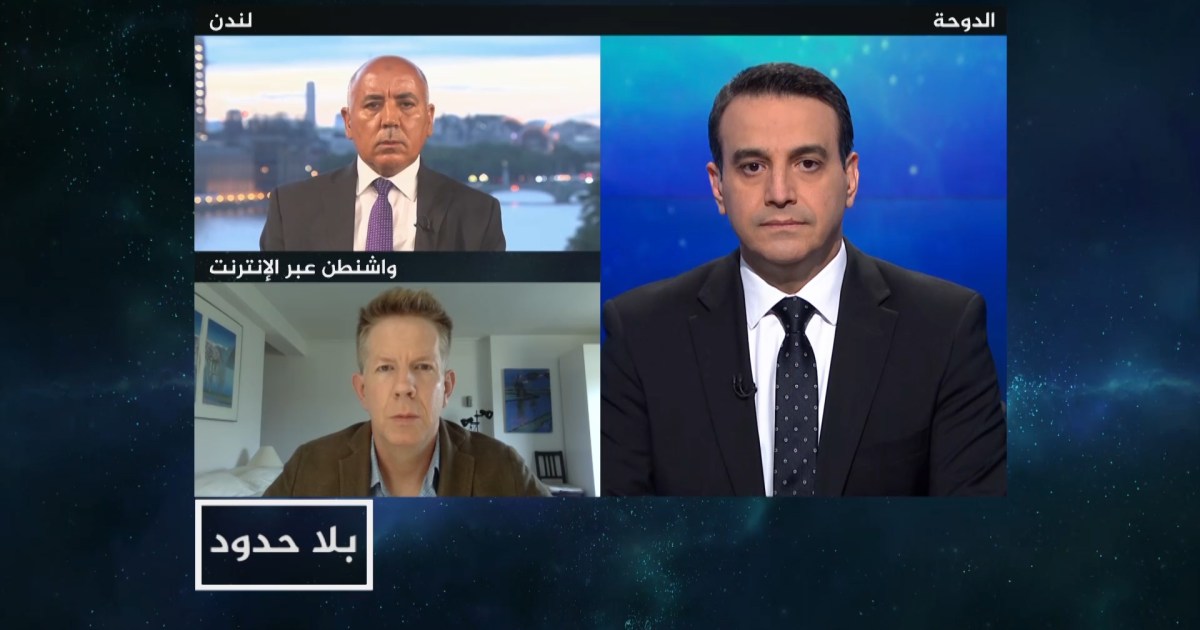He added - in statements to the episode (8/26/2020) of the "Without Borders" program - that Haftar's project has ended and can no longer be implemented on the ground, accusing the UAE, Egypt, France and Russia of supporting Haftar and working against the Government of National Accord and the Libyan people.
He added that the areas controlled by Haftar are an empty desert, because 75% of the population lives in the areas controlled by the Government of National Accord, and the Government of National Accord is continuing to cleanse all Libyan lands of Haftar's gangs and mercenaries who support him, and the government refuses the presence of any forces on Informally her land.
He stressed that the one who now controls the situation in eastern Libya is Russia, which receives full financial support to finance operations and buy weapons from the UAE, which led to the annoyance of the Egyptian regime, which saw the eastern region as a natural place to extend its influence, and there is Turkish-Russian coordination on the situation. In Libya, Russia is not ready to fight there.
In turn, Frederick Were, an expert on Middle East affairs at the Carnegie Endowment for Peace, said that the city of Sirte is an important crossing point to eastern Libya, and it is also the dividing line in the Libyan conflict, warning that the conflict in it will turn into bombing with barrel bombs if the crisis is not defused through dialogue. .
He added that Haftar suffered 3 major losses: the first for his fighters on the ground, the second for the tribes that were standing with him, and the third in front of his regional allies who are looking for a new role for the Speaker of the Tobruk Parliament, Aqila Saleh, believing that Haftar has no choice but to play an independent sabotage role.
Regarding the American role, Frederick Were stressed that America is playing a constructive role with the most important partners in Libya, especially Turkey, expressing his surprise at not putting pressure on its ally the Emirates to stop its interference in Libya, stressing that Haftar's allies today are worried that he will go because they do not know who will come after him.

